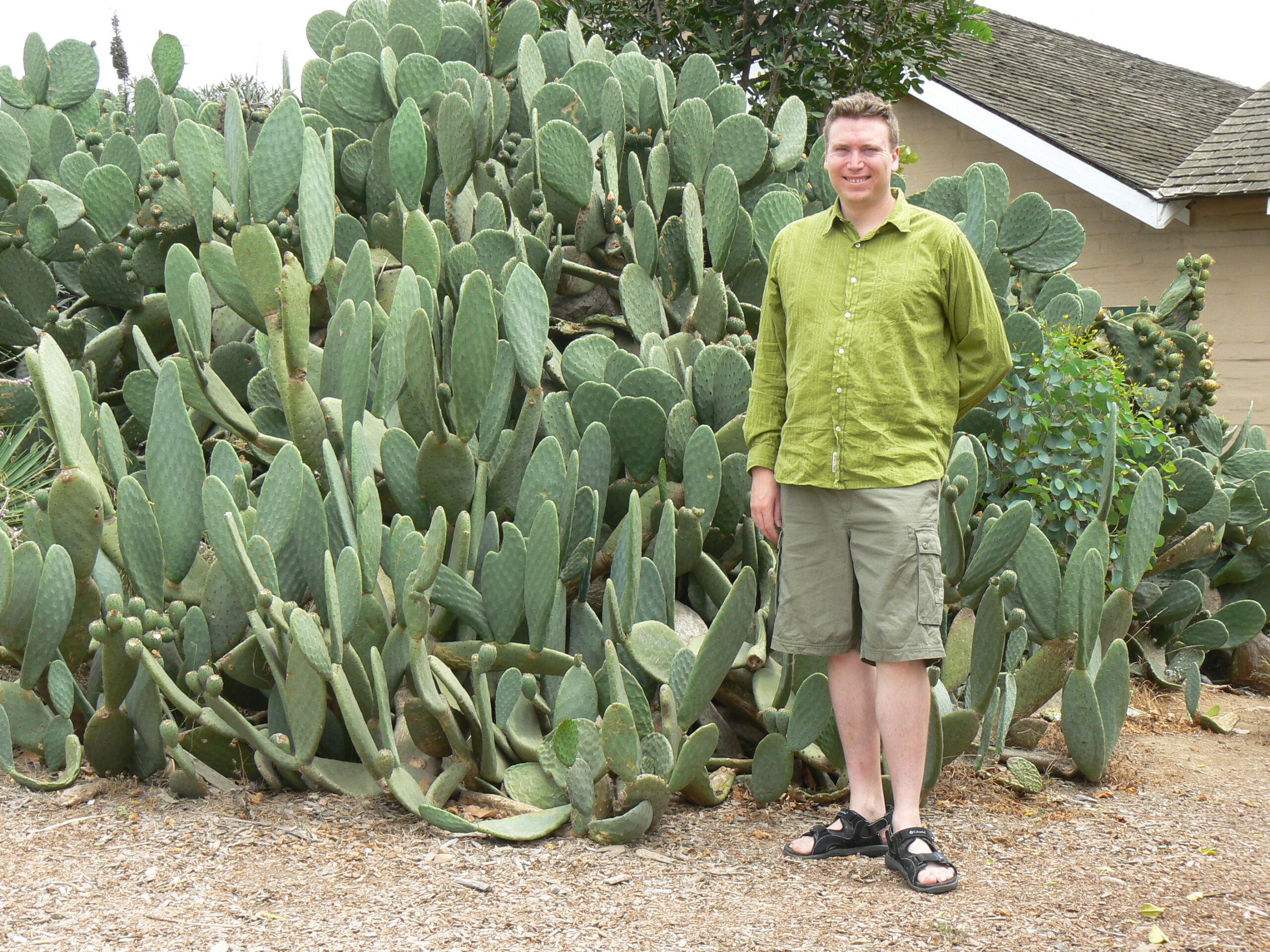We are among the first humans to know what it means to ‘pick-up-and-move.’ Throughout history, the majority of people did not travel far from their home. Generation after generation, people would be born, live, and die in the same place. Family land was passed down and century after century communities would grow up around the same farm or town. Tribes throughout the world would guard their land and in many cases ‘foreigners’ were seldom allowed to settle among them for fear of disturbing the age old traditions of land ownership. Simply put, most people did not move, and they did not mix.
Consider some of the famous people throughout history. Most kings of old would rarely travel more than a few hundred miles in their whole lifetime. It may also be surprising to know that Theodore Roosevelt, the 26th President of the United States was the first President to visit a foreign country when he went to inspect the Panama Canal in 1906. That has all changed. In the past 100 years travel, moving, and even owning several homes around the world is no longer uncommon.
We see what this means for our own neighbourhoods. At any given time there are thousands of homes for sale in the Calgary area, people are on the move to find better work, be near family, or get away from the bad weather. No matter what the reasons for moving might be, the impact of a mobile culture is clearly seen in our communities and neighbourhoods.
On one hand, the impact of our mobility is positive. People are able to make a home in Chestermere, start a family, and settle in the places that work for them and their families. Cultures come together, we learn from each other, and forge new relationships. That is, if people stay around long enough to enjoy the benefits of a community. Neighbourhoods are like a marathon. They are enjoyed over time, and the longer we stay in our place, and the more we actively choose to care for our place, the more our neighbourhoods truly become our homes. On the other hand, the impact of mobility has been challenging as people come and go and think little about knowing their neighbours in any meaningful way.
While Jesus did not travel more than a few dozen miles from his home in his lifetime, he did something that changed the way we saw our mobility. Jesus crossed boundaries and spoke with people outside of his tribe, religion, and culture. He crossed ethnic divides and taught his followers to do the same. Jesus spent most of his years on the shores of a small lake called Galilee and spent some very important years living in a community about the size of Chestermere. His work and message had an impact because he showed love in tangible, touchable, and face to face ways. He was known by the people around him and he changed the way the world saw each other. “Love your neighbour,” “do good to those who hurt you,” “and love your enemies” are words of Jesus that spoke into real relationships, in real places.
No matter if we are new to Chestermere, or are thinking about leaving, may we reflect on the power of putting down roots when we can. As we live with gratitude for our communities, may we reap the rewards that come with loving the people and places that we call home.







